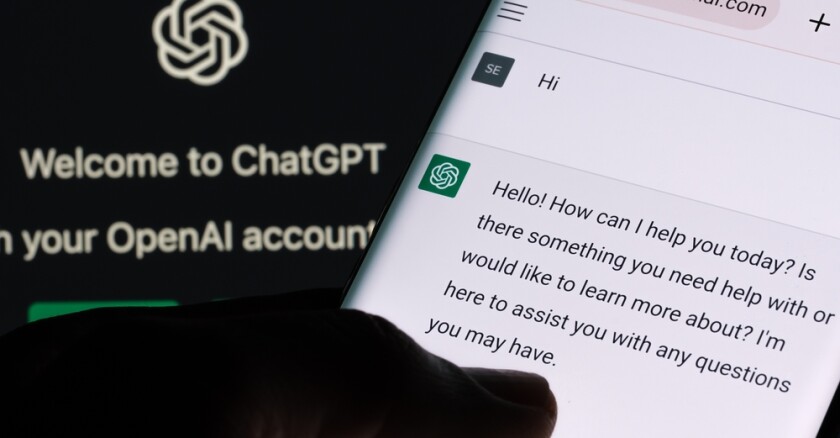According to a news release, the integration of GPTZero's AI detection software with K16's technology, which can move large volumes of data between learning management platforms and other enterprise software systems, will allow institutions to scan and assess thousands of student assignments without an educator having to manually spot-check each one for AI-generated writing. It also gives the user a bird's-eye view of how much student work at the institution in total might have come from an AI.
The news release said several institutions are testing the tool now, including Saint Mary's University of Minnesota.
"We understand the broader implications this type of AI technology will have on higher education," Saint Mary's CFO Ben Murray said in a public statement. "While the future of how this will be applied in higher ed is still unknown, we are pleased to be at the forefront of collaborating with some of the most renowned leading-edge education technology companies to test their solutions to this problem."
The partnership comes amid growing concerns about students using AI chatbots such as OpenAI's ChatGPT to do their homework and pass it off as their own writing, and a subsequent proliferation of tools like GPTZero's to detect AI-generated writing. Recent examples have come from OpenAI itself, as well as Turnitin, AI Detector Pro and the website www.chatgptplagiarism.com. According to the news release, the innovation of GPTZero's partnership with K16 Solutions is in scaling one of these tools to operate across an institution's entire teaching and learning ecosystem.









